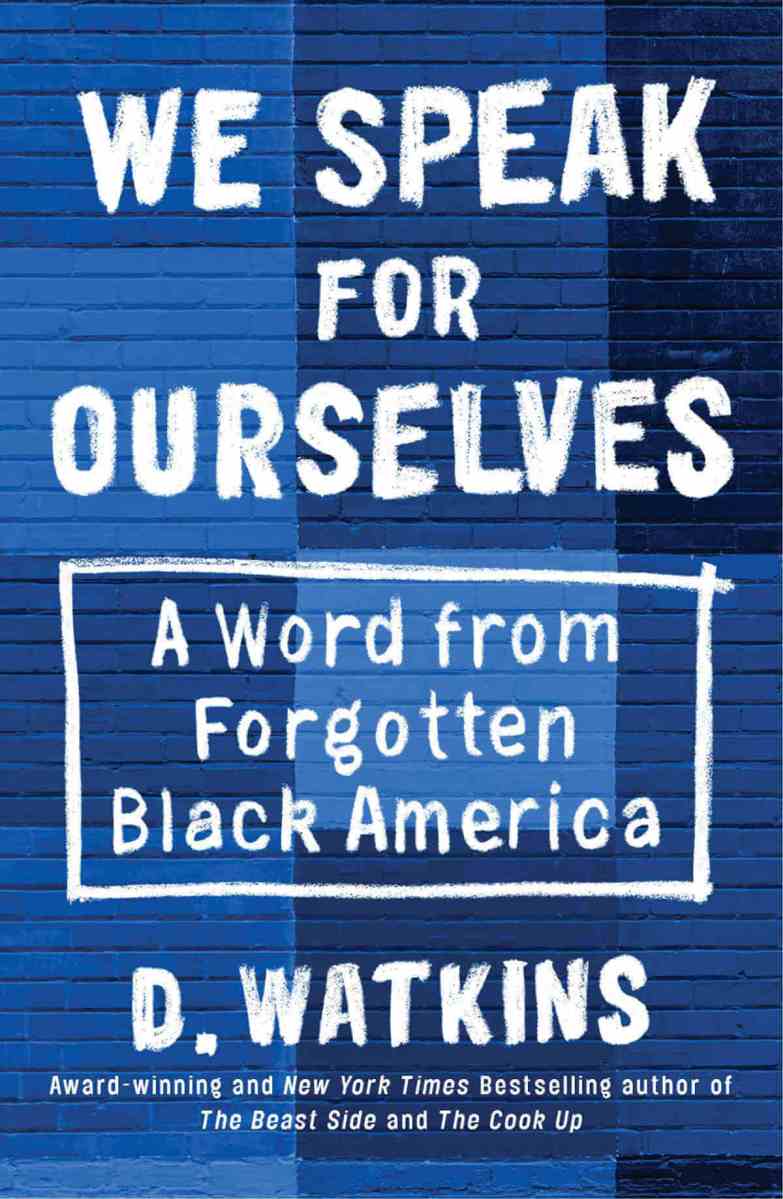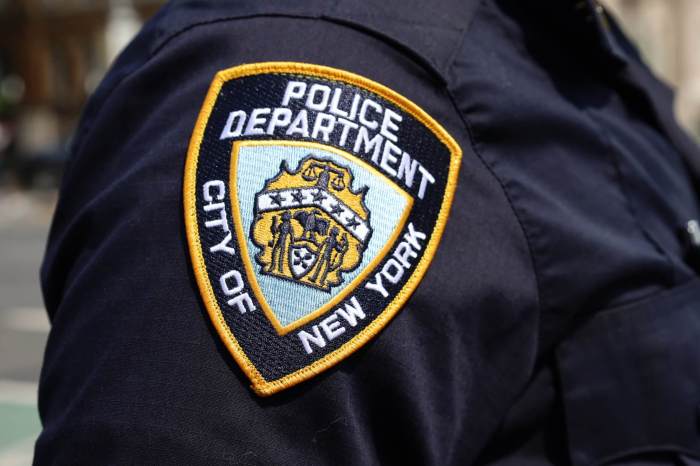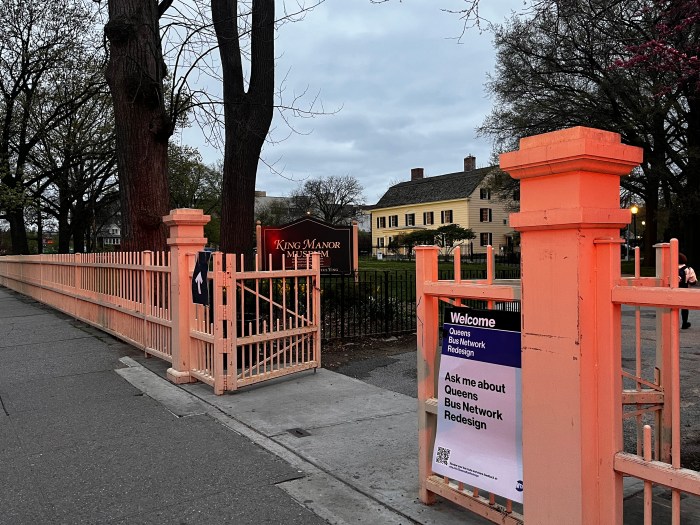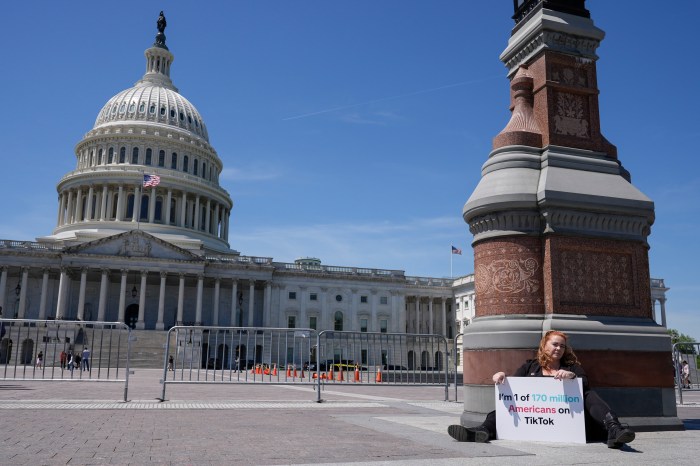“We Speak for Ourselves: A Word from Forgotten Black America” by D. Watkins
c.2019, Atria
$26.00 / $35.00 Canada
208 pages
You could be rich someday.
That’s what they say: you could have a great job, a nice car, and a crib on the beach, if you want them. They say it could happen, if you seize opportunities that come your way. They say it’s possible to be successful if you just pull yourself up by some imaginary bootstraps. And according to D. Watkins in his new book “We Speak for Ourselves,” they are lying.
Oprah, Jay-Z, Beyonce, Kanye. Of course, you know who they are but did you ever notice that they aren’t like most black people?
That’s something D. Watkins sees in the books he reads on race, in the TV he watches, and events he attends: there are “different types of black people” and when it comes to news and “maybe even in society…. People from the street are absent…”
In Watkins’ world — “Down Bottom” in Baltimore — gunshot is a common background noise. It’s also common for multiple generations of black men to die by bullets, for girls to get pregnant early, and for boys to sling drugs.
What else do they know, except what they see? Kids on the street are not “dumb,” he says, but a “street hustler mentality” is given to them as a sort of heritage because there aren’t a lot of choices, opportunities are few, and the need for money is powerful. It doesn’t help that education for black students is often underfunded, proper nourishment is sometimes lacking, housing may be sub-par, “open-air drug markets are real,” cops can be “more crooked than the crooks,” and “Black Taxes” exist.
And yet — Watkins is proof that success is possible, but it’ll take action: promote literacy. Teach a child something. Get to know people who are different than you. “Be the person you needed growing up.” Speak up, but remember that your voice won’t mean a thing “if action is not added to those words.”
Sometimes it happens: your eyes are open but you can’t see. When author D. Watkins writes, though, you’re smacked with the very thing you’re missing.
Watkins, who starts “We Speak for Ourselves” with a cocktail party attended by elite blacks, turns his attention quickly to the majority of black people he knows, none of whom are rich or famous. This tour, if you will, takes readers into his neighborhood through a voice that quietly hammers home the realities of privilege, inequality, poverty, and feelings of helplessness, but Watkins doesn’t let us linger there.
Observant readers will find simple actions for change-making, and reminders that we always hold the power to act. There’s quiet advice for keeping a cool head when wrongs are presented, and a gently-urgent plea that differently-backgrounded people spend time together. There’s also one hilariously subtle thread of humor, so look for it.
No matter which part of the sidewalk you occupy, this short, quick book is a must-read if you worry about our future. “We Speak for Ourselves” offers the beginnings of a map forward, and in thought-provoking ideas, it’s rich.






















